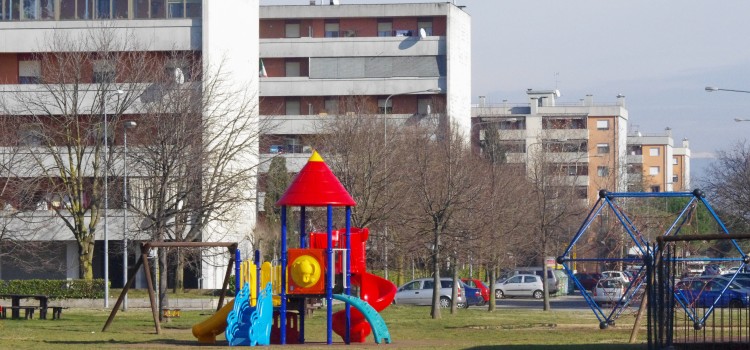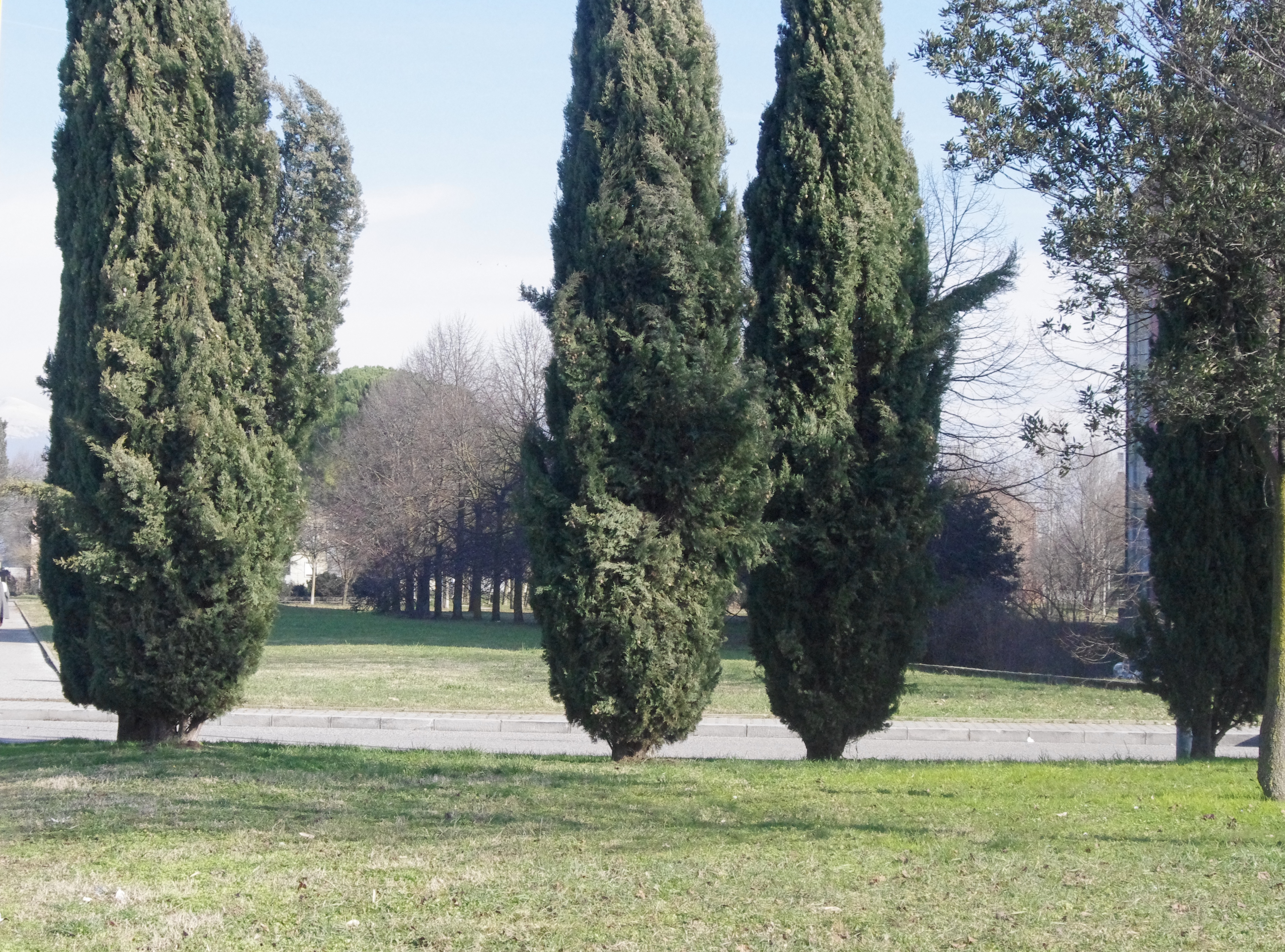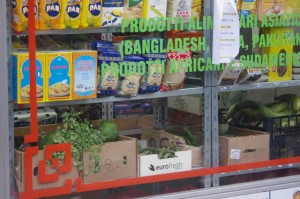
Late January saw members of the MfC team travel to Udine to participate in a series of seminars under the Active Citizenship in Social Housing (ACts) project, funded by the Grundtvig Life Long Learning Programme. Over the course of 3 days visits were made to communities in the area and a number of presentations covering a diverse range of perspectives were shared. Several interesting issues surrounding citizenship and social space were raised for discussion:
First was the concept of open space for all citizens to promote integration, versus non-public spaces and territorially defined neighbourhoods that raised issues of alienation, and therefore the need for social workers’ intervention. This included a presentation on researching learning processes in public spaces. Partners from Udine University were interested in the applicability, across various local contexts, of developing a framework for researching public places as learning environments for citizenships. The suggested framework looked at the multiplicity of processes that occur in such spaces, the practices and the power relationships, and thus offers the possibility to compare across different localities. One caveat, however, is that participation and ‘active citizenship’ are often framed in such a manner, that other forms of creative approaches are discounted or undervalued.
Further discussions looked at the variety of methodologies used by partners to obtain comparative data, particularly in relation to youth and migrants’ experiences and the problem of fragmentation within communities, and the capacity of social workers to resolve this. One point made was the potential value of moving from the idea of citizens as “inhabitants” & social workers as “professionals” to one where we look at those who have a joint active involvement in decision making processes.

Public spaces in Aurora District
Part of our stay included a visit to the Aurora District, where 90% of the population are in social housing and there is very little mobility among residents and particularly young people. There is a poor perception towards local residents amongst others from Udine. The Mayor of the district provided a detailed background of the development of the area and highlighted some of the present social issues. Interestingly, he alluded to many of the problems having arisen with the wave of incoming migrants but associated problems with ‘buildings’ rather than as social problems, which he believes have been influenced by policy.
Community mapping has already been used and evaluated by our Italian partners and we hope that it can be applied to help citizens engage in mapping their experiences and perceptions of day to day life, as well as highlighting issues needing to be addressed.
The Founder of Vicini di Casa spoke about a social engineering project that has been initiated in an innovative approach to tackling the shortage of affordable housing in Friuli. The project is being run by an Italian consortium, including our partners at Vicini di Casa, in which they will refurbish currently unused buildings and abandoned spaces. Partially, the innovation comes from bringing together community workers and NGOs to sit around a table with regional and local political bodies,banks, and the construction industry in which they are given an equal voice. Traditionally, the involvement of social workers in housing comes after the houses are built and the residents have moved in! The idea of dealing with economic sustainability and profitable ways of working is also something new for social workers to engage with in Italy. Funding for the project comes from both local and regional banks and political bodies, and will help provide accessible public services, designed alongside community workers.
One of the outcomes from ACts will be an online publication with the practices shared, guidelines and suggestion for community workers to use these practices in the context of social housing environments.
